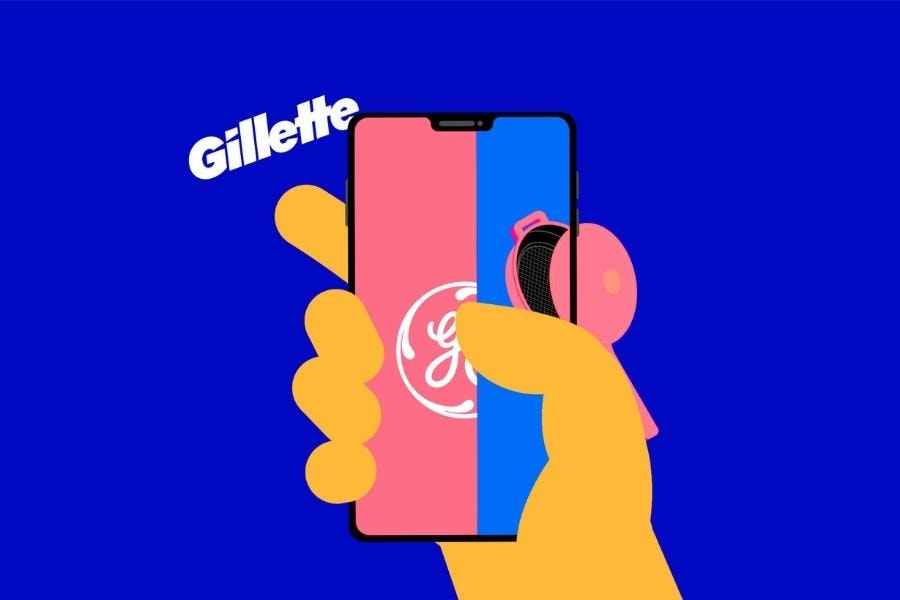
The internet broke brand loyalty
A one-person company might need only a Shopify website, listings on Amazon or a Facebook page to compete with multinational conglomerates while powerhouses like Nike or Levi's can't rest on their laurels for a century
 One way that our lives online have rewired our brains is that we’re more comfortable buying from an unfamiliar brand. And those same changing habits may also be making us less loyal to anything that we buy.
One way that our lives online have rewired our brains is that we’re more comfortable buying from an unfamiliar brand. And those same changing habits may also be making us less loyal to anything that we buy.
Image: Kiel Mutschelknaus/The New York Times
A few winters ago, I and many other American women purchased the Amazon Coat, a fairly affordable piece of outerwear that grabbed attention for a hot minute. It’s an OK coat, but I keep forgetting the name of the manufacturer. I doubt that I’m a customer for life.
I’m not an oddball in this respect. One way that our lives online have rewired our brains is that we’re more comfortable buying from an unfamiliar brand. And those same changing habits may also be making us less loyal to anything that we buy.
I was talking about this phenomenon recently with Josh Lowitz and Michael R. Levin, co-founders of the research firm Consumer Intelligence Research Partners. We talked about the ways that online customer reviews, relatively low-cost social media advertising, and newer shopping destinations like Amazon and Instagram have reordered how we evaluate and buy products. It’s thrilling in many ways, and not so great in others.
Think about the ways that you might have bought something in the Before Times — like, before 2010. Maybe you drove to your local hardware store looking for a cordless drill, and it stocked only DeWalt models.
You trusted the store to sell a good product — or if you didn’t, it was your only option anyway. That’s what you bought. The retailer essentially made the choice for you, Levin and Lowitz said.
©2019 New York Times News Service




